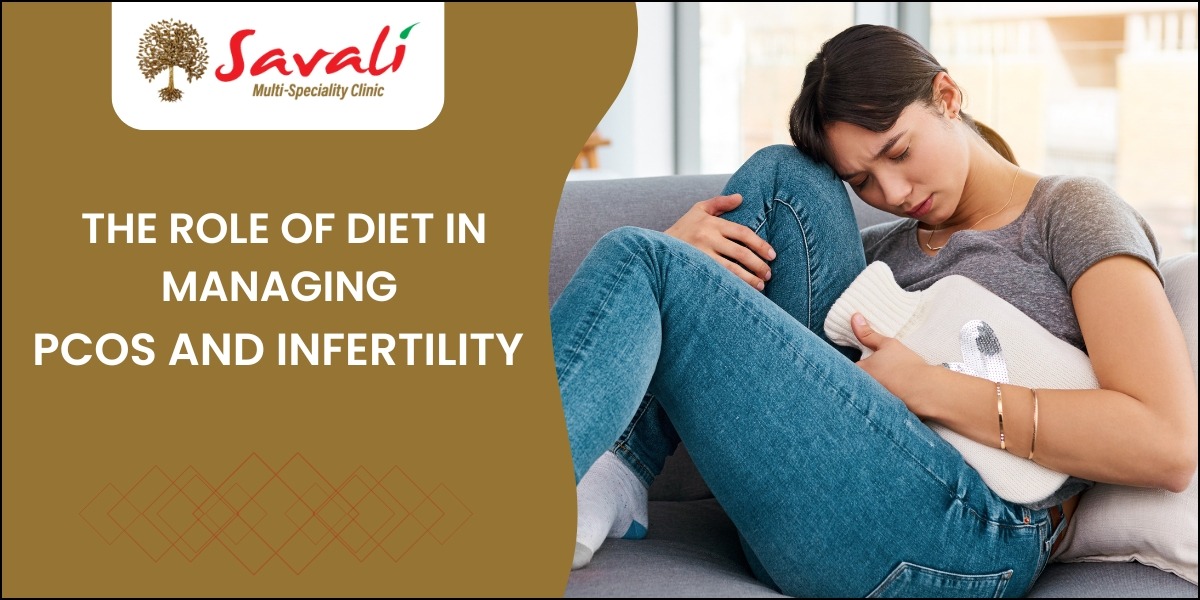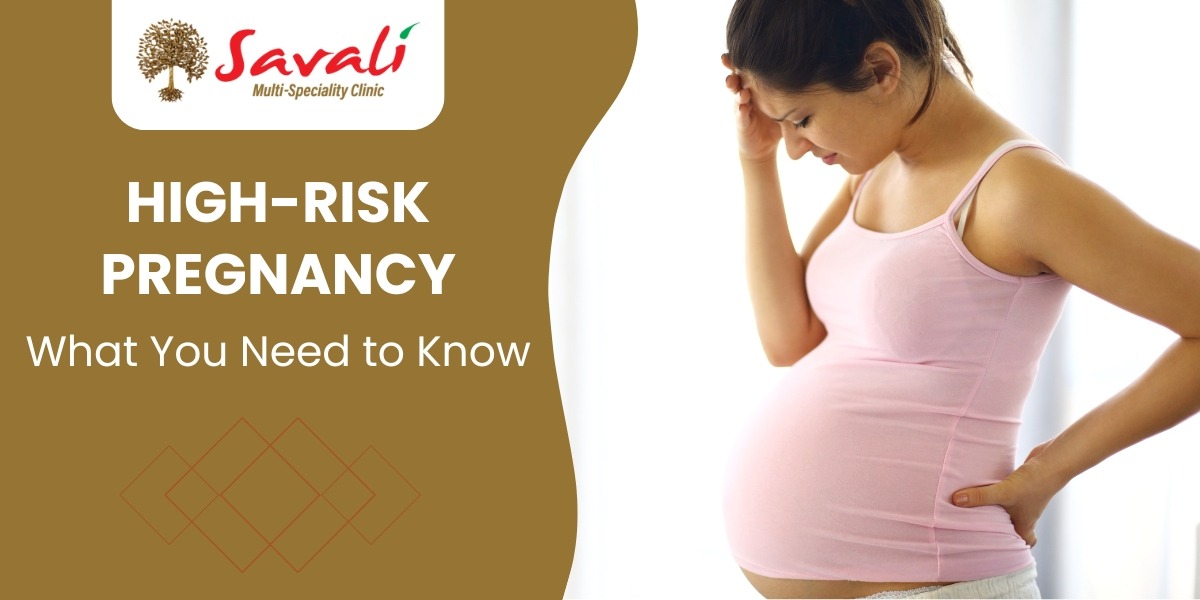Polycystic Ovary Syndrome (PCOS) is a common hormonal disorder affecting many women of reproductive age. One of the major challenges associated with PCOS is infertility, which can be emotionally and physically draining. While medical treatments are essential, diet plays a crucial role in managing PCOS symptoms and improving fertility.
How PCOS Affects Fertility
PCOS disrupts hormonal balance, leading to:
- Irregular or absent menstrual cycles
- Insulin resistance, increasing the risk of diabetes
- Elevated androgen levels (male hormones), causing acne and excess hair growth
- Ovulation issues, making conception difficult
A well-balanced diet can help manage these symptoms and improve fertility outcomes.
Best Dietary Practices for PCOS and Infertility
1. Focus on Low-Glycemic Index (GI) Foods
High insulin levels worsen PCOS symptoms. Low-GI foods help stabilize blood sugar and improve insulin sensitivity. Include:
- Whole grains (oats, quinoa, brown rice)
- Legumes (lentils, chickpeas)
- Non-starchy vegetables (leafy greens, broccoli)
2. Increase Healthy Fats
Omega-3 fatty acids reduce inflammation and support hormone production. Add:
- Fatty fish (salmon, sardines)
- Nuts and seeds (walnuts, flaxseeds, chia seeds)
- Avocados and olive oil
3. Opt for Lean Protein Sources
Protein helps regulate blood sugar and keeps you full longer. Choose:
- Eggs
- Chicken, turkey
- Plant-based proteins (tofu, beans)
4. Avoid Refined Sugars and Processed Foods
Sugary snacks, white bread, and processed foods spike insulin levels, worsening PCOS symptoms.
5. Incorporate Anti-Inflammatory Foods
Chronic inflammation is linked to PCOS. Include:
- Berries (blueberries, strawberries)
- Turmeric, ginger
- Green tea
6. Stay Hydrated
Proper hydration supports metabolism and hormone regulation. Drink plenty of water and herbal teas.
Lifestyle Tips to Complement Your Diet
- Exercise Regularly – Moderate activity improves insulin sensitivity.
- Manage Stress – High cortisol levels disrupt hormones. Try yoga or meditation.
- Maintain a Healthy Weight – Even a 5-10% weight loss can restore ovulation.
When to Seek Professional Help?
If dietary changes alone don’t improve your symptoms, consult a specialist offers expert PCOS treatment in Hadapsar and personalized care for women struggling with infertility.
If you’re looking for an infertility specialist in Hadapsar, schedule a consultation at Savali Clinic today and take the first step toward better reproductive health.


